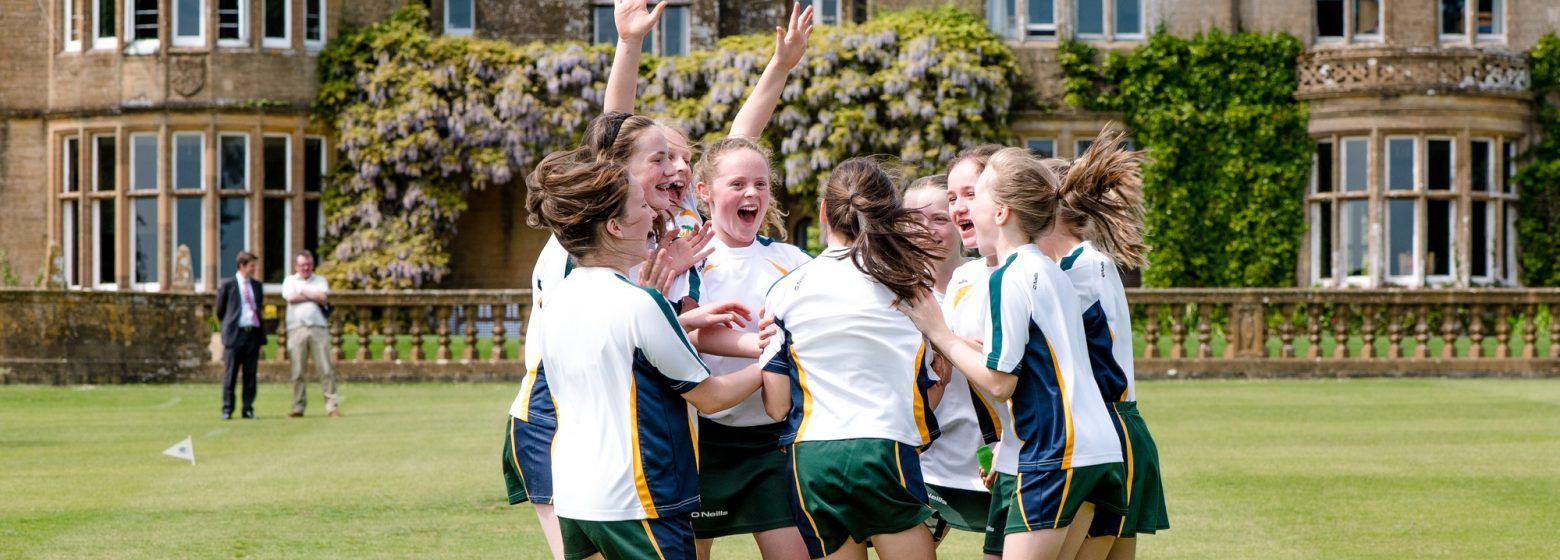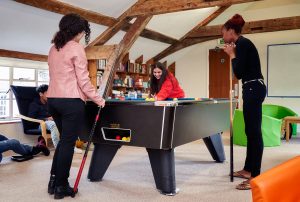Children’s wellbeing plummets between the ages of 11 and 14, according to new research that suggests secondary school makes them unhappy.
Academics at the universities of Cambridge and Manchester studied the happiness of more than 11,000 children from across the UK, asking them how they felt about their friends, school and family. Their satisfaction with these areas dropped significantly between when they left primary school at the age of 11 and three years later.
The authors said the decline, which was sharp regardless of family background, was probably linked to the transition to secondary school but that it could be mitigated through initiatives that strengthened self-esteem in early adolescence.
“It is widely accepted that young people’s wellbeing and mental health are influenced by factors such as economic circumstances and family life,” they said. “The research shows that notwithstanding this, wellbeing tends to fall steeply and across the board during early adolescence.”
The researchers used data from the Millennium Cohort Study, which focuses on those born between 2000 and 2002, and the results of questions about wellbeing and self-esteem. They calculated the wellbeing of each pupil, balanced for factors such as poverty, bullying and general feelings of safety.
While most children were satisfied with life at the age of 11, the majority were extremely dissatisfied by age 14. By that age, the wellbeing scores of 79 per cent of the teenagers was less than the average score for the entire group three years earlier. Academics said this went “far beyond anything we would classify as moderate”.
The most dramatic downturns between 11 and 14 were related to school and relationships with peers. The research said: “That decline is probably linked to the transition to secondary school at age 11. The particular aspects of wellbeing which changed in early adolescence were typically related to school and peer relationships, suggesting a close connection with shifts in these young people’s academic and social lives.”
Pupils with higher self-esteem at 11 experienced a less significant drop in wellbeing at 14, and the report recommended working to help pupils in the first years of secondary school.
The research is published in the British Journal of Developmental Psychology. Ioannis Katsantonis, a doctoral researcher at Cambridge who led the study, said: “Even though this was a large, diverse group of adolescents, we saw a consistent fall in wellbeing. One of the most striking aspects was the clear association with changes at school. It suggests we urgently need to do more to support students’ wellbeing at secondary schools across the UK.
“Supporting self-esteem is not the only thing we need to do to improve young people’s wellbeing and it should not be an excuse not to tackle poverty or address bullying — but it can be used to improve young people’s life satisfaction at this critical stage.”
Academics said the ways to nurture self-esteem included celebrating achievements and avoiding negative comparisons with other pupils.
Source: https://www.thetimes.co.uk/article/c48fccd6-6aa9-11ed-85fc-6c020d5ba0b7?shareToken=57179c318a1ae7778ad5c1c2d991bdec
Categories: BSA News







